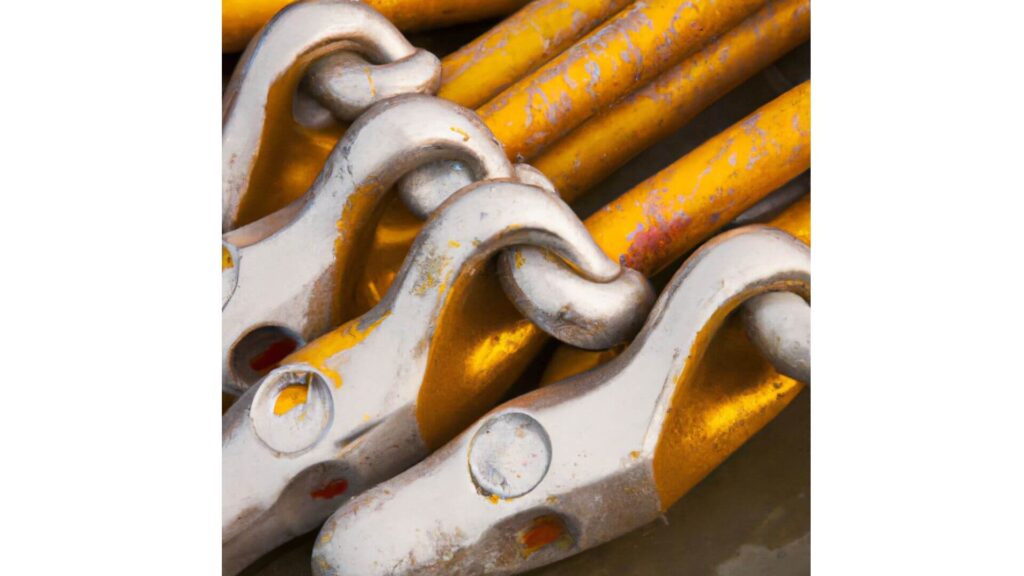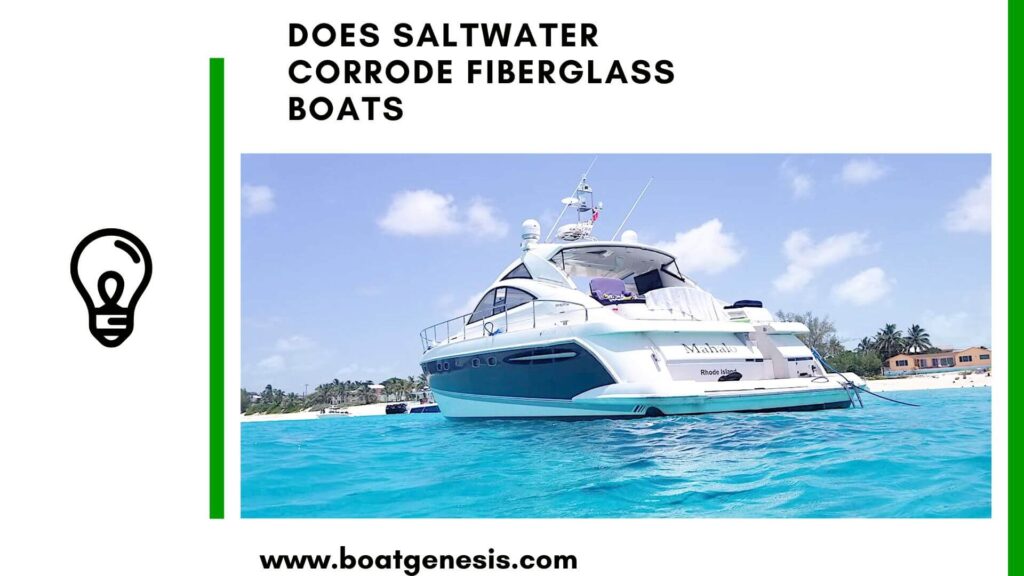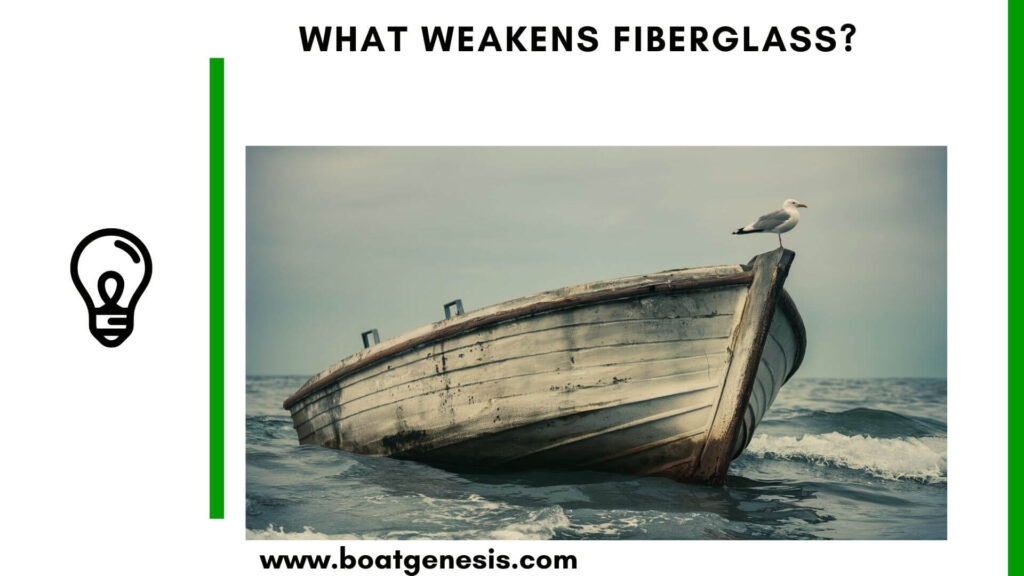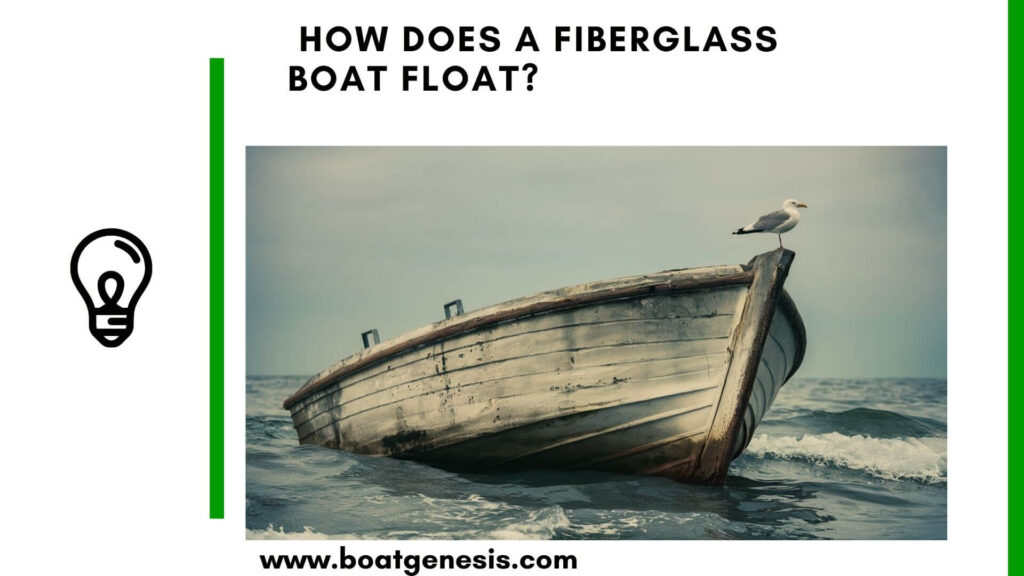Saltwater does indeed pose a threat to fiberglass boats. While fiberglass is a robust and seaworthy material, the saltwater environment can lead to various forms of degradation if proper care isn’t taken.
In this article, we’ll dive deep into the effects of saltwater on fiberglass boats and how to protect your prized vessel from the ravages of the sea.
Let’s jump right in.
Understanding Fiberglass and Saltwater Interaction
Fiberglass boats are popular due to their durability and strength, but the marine environment is a harsh one, and saltwater is particularly corrosive. Saltwater can damage fiberglass boats by eroding the resin that holds the fiberglass together.
This erosion can lead to the weakening of the boat’s structure and, eventually, to more significant issues such as cracks or blisters.
The Corrosive Culprit: Salt
Salt is the main culprit when it comes to corrosion in the marine environment. It can accelerate the oxidation process, leading to corrosion of metal parts and the breakdown of other materials.
For fiberglass boats, the salt can lead to a phenomenon known as osmotic blistering, where water penetrates the gel coat and reacts with water-soluble materials in the fiberglass, forming blisters.
Preventing Saltwater Damage to Your Fiberglass Boat
While the threat is real, there are several ways to protect your fiberglass boat from saltwater damage.
Regular maintenance is key. Washing your boat with fresh water after each saltwater outing can remove salt deposits. Additionally, applying a protective wax or sealant can create a barrier against saltwater intrusion.
1. Routine Care and Maintenance
Routine care is your first line of defense against saltwater corrosion. This means keeping your boat clean, inspecting for and repairing any damage promptly, and ensuring that your boat is properly stored when not in use.
It’s also essential to check the anodes, which protect metal components from corrosion, and replace them as needed.
2. Advanced Protection Strategies
For those looking to go the extra mile in protecting their fiberglass boats, there are advanced protection strategies. These include:
A/High-Quality Coatings and Sealants
Investing in high-quality marine coatings and sealants can provide an additional layer of defense against saltwater.
These products are designed to adhere to fiberglass and form a durable, water-repellent surface that minimizes the risk of osmotic blistering.
B/Regular Inspection and Repairs
Fiberglass boats should be inspected regularly for any signs of wear or damage. Prompt repairs are crucial to prevent minor issues from becoming major problems.
==>> Also read: Common issues with fiberglass boats
Pay special attention to the hull’s bottom, where water exposure is most significant.
C/Professional Maintenance
Sometimes, the best course of action is to leave it to the professionals.
Regular check-ups and maintenance from a certified marine technician can ensure that your boat remains in top condition and that any potential saltwater damage is addressed before it becomes severe.
The Role of Anodes in Saltwater Corrosion Prevention

An often overlooked aspect of saltwater corrosion prevention is the use of sacrificial anodes, commonly made of zinc. These anodes are designed to corrode instead of the more critical metal components on your boat.
Regularly checking and replacing these anodes can prevent costly repairs down the line.
The Importance of Anodes
Anodes play a vital role in protecting metal parts from corrosive elements. They’re especially important in saltwater, which acts as an electrolyte and accelerates the corrosion process.
Ensuring that your anodes are in good condition is a simple yet effective way to safeguard your boat’s integrity.
Navigating Saltwater Challenges: Tips and Tricks
While the threat of saltwater corrosion is real, it doesn’t have to spell doom for your fiberglass boat. Here are some additional tips and tricks to keep your vessel sea-worthy:
- Rinse your boat thoroughly with fresh water after every outing.
- Dry your boat completely to prevent salt crystals from forming.
- Use a quality marine polish to protect the gel coat.
- Store your boat out of the water when not in use, if possible.
- Regularly wax your boat to create a protective barrier against the elements.
Conclusion
Saltwater may be a formidable adversary, but with the right knowledge and care, your fiberglass boat can continue to navigate the seas for years to come.
Remember, prevention is better than cure, and routine maintenance is your best defense against the corrosive effects of saltwater.

Founder of BoatGenesis, Warren has hands-on experience in fiberglass boat repairs, marine equipment testing, and powerboat building. Learn more about Warren.




